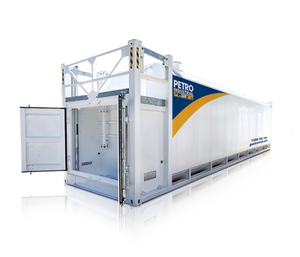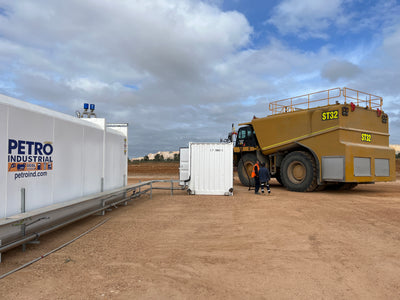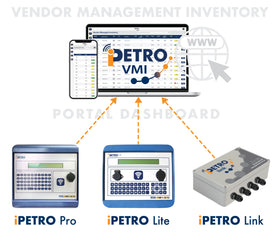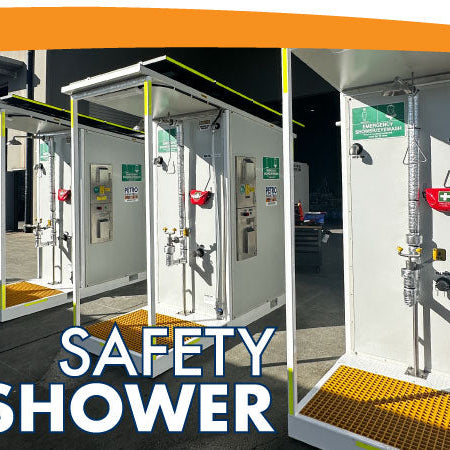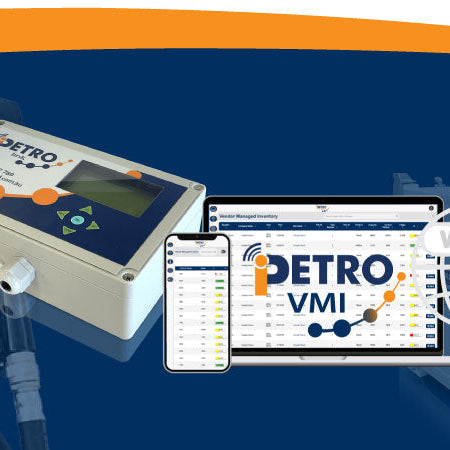Cavitation is the formation of air bubbles in a liquid. These air bubbles form in the low-pressure area (suction side) of a pump. As pumps used with PETRO Self Bunded Fuel Tanks (Double Wall) are often used for suction lift, the area of low pressure in the pump is at the inlet of the pump.
What are the signs of cavitation?
- Excessive noise
- Vibration
- Lower flow rates than expected.
There are 3 primary factors that affect cavitation in a pumping system:
- Suction lift (distance between the liquid level in the tank and the centerline of the pump).
- Friction loss in the suction piping.
- Vapour point of the liquid.

Installing a pump so that the suction lift is as short as possible will help reduce cavitation. As the liquid level in the tank drops, the suction lift increases. If cavitation starts to occur due to the increased suction lift, re-fill the tank to decrease the suction lift or consider fitting a foot valve that assists with maintaining a liquid head on the pump.
Keeping your suction pipe as short and free of fittings, including valves, is the single largest item you have control over in the installation of a pump. Suction pumps are designed to be installed directly on top of the tank, with their suction pipe dropping straight down into the liquid.
If a tank is too tall or in an area where it is difficult to reach, a remote pump and cabinet meter should be used to keep the suction piping as short and free of fittings and valves as possible.
When it comes to the vapour point of the liquid, there isn't much you can do. Just keep in mind the following 2 points:
1. Vapour point increases as the temperature of the liquid increases. Keeping your suction line out of the sun or away from other heat sources will help reduce pump cavitation.
2. High vapour point liquids such as solvents and gasoline (petrol) will cavitate much sooner than low vapour pressure liquids like diesel fuel and lubricants. When pumping high vapour point liquids, it becomes even more important to ensure a good installation to prevent the occurrence of pump cavitation.
If you have further questions about cavitation and how you can prevent it, contact your nearest branch today!
OR message us on our Live Chat!
The skilled team of PETRO Fuel Dispensing Specialists will diagnose and provide a solution to your cavitation issue in no time!

